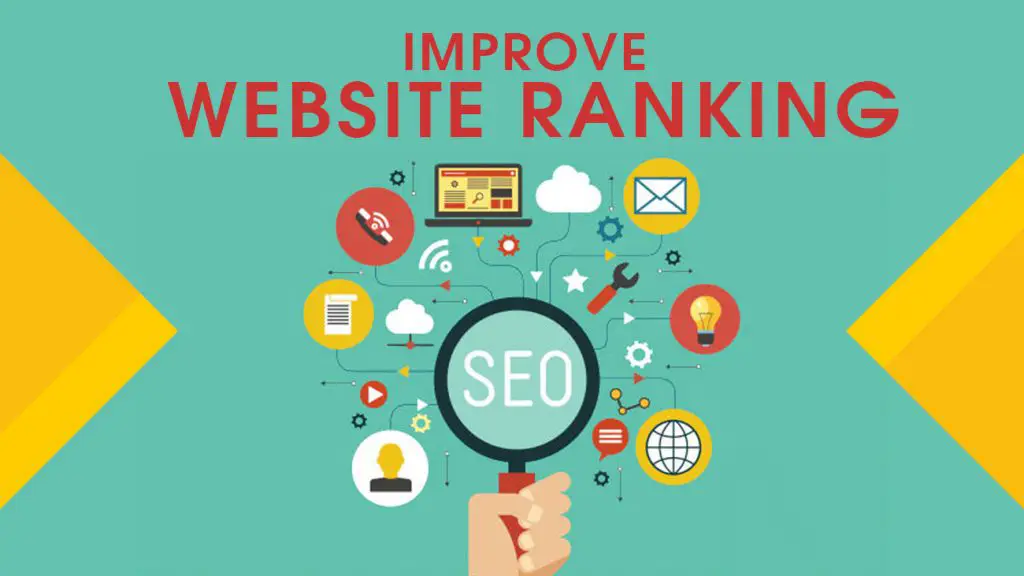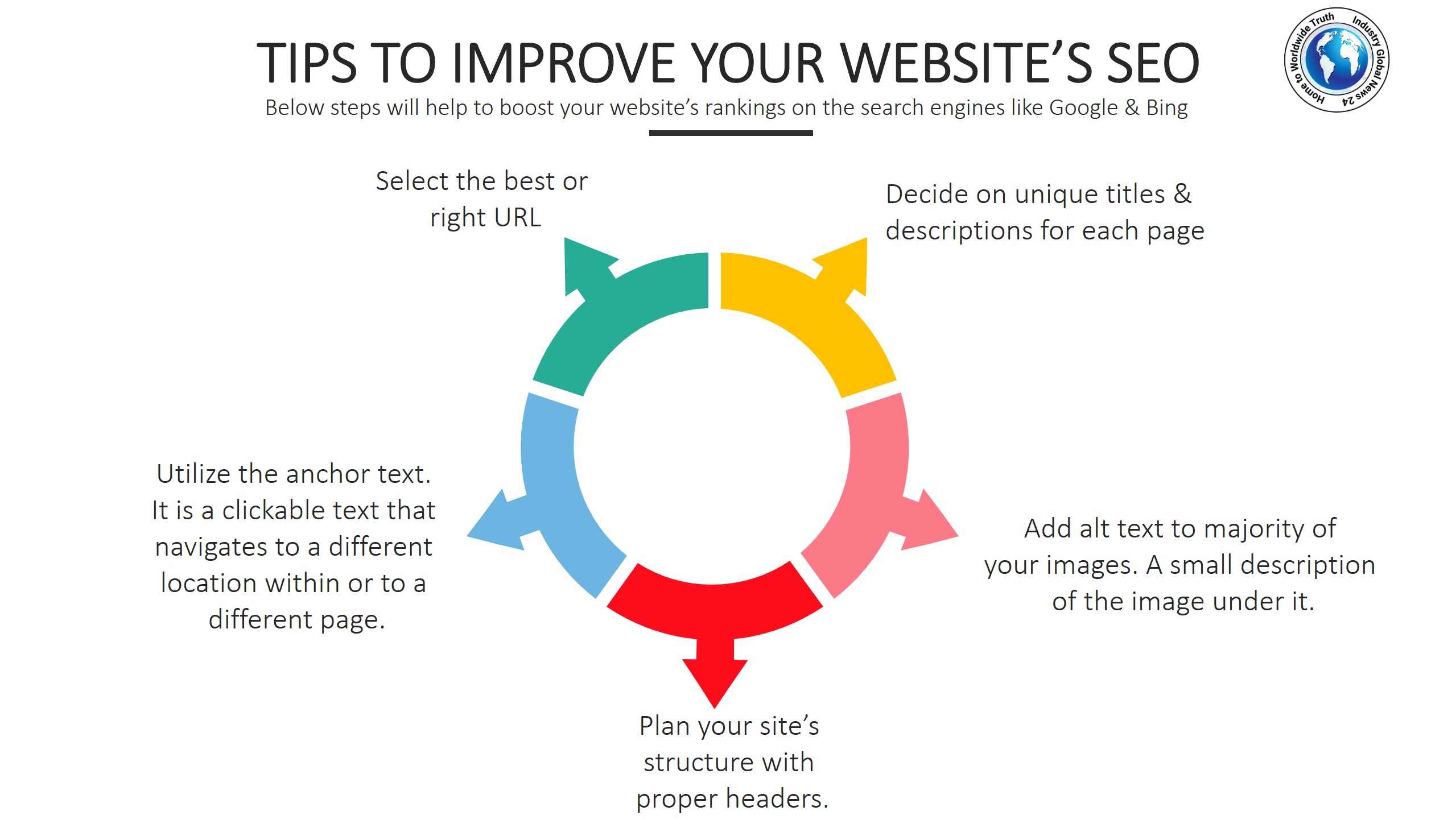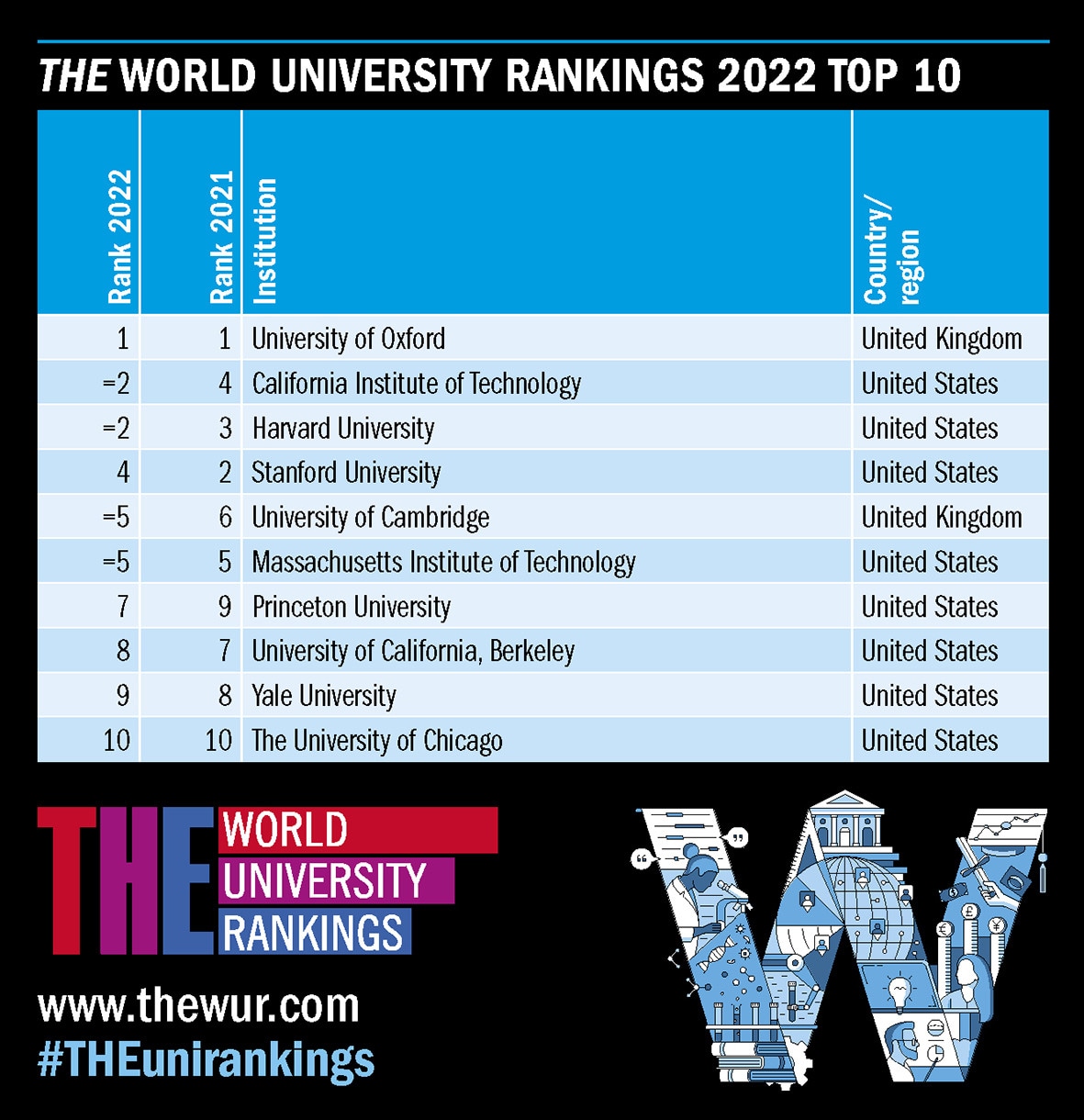
In the vast digital landscape, your website is akin to a single star in the night sky. To make it shine brighter and attract more visitors, you need to optimize it for search engines. Imagine you're in a bustling market, and you want your stall to stand out. You'd use vibrant signs, arrange your goods neatly, and shout out your offers. Similarly, optimizing your website involves using the right keywords, structuring your content effectively, and employing other techniques to boost your search rankings. So, let's dive in and explore how to optimize a website for better search rankings.
Understanding Search Engine Optimization (SEO)
Search Engine Optimization, or SEO, is like the compass that guides search engines through the vast forest of the internet. It's a set of practices designed to improve the appearance and positioning of web pages in organic search results. In other words, it helps search engines understand and present your content to users.
Why Does SEO Matter?
SEO matters because it drives organic traffic to your website. Organic traffic is like the genuine, interested customers who stumble upon your market stall and are eager to browse your goods. They're more likely to engage with your content and convert into loyal customers. Moreover, SEO is cost-effective and has long-term benefits.
How to Optimize a Website for Better Search Rankings
Optimizing your website involves several strategies, from keyword research to link building. Let's break these down into digestible chunks.
Keyword Research: The Foundation of SEO
Keyword research is like the blueprint of a building. It's the foundation upon which your SEO strategy is built. It involves identifying the words and phrases that your target audience uses to search for content. Tools like Google Keyword Planner, SEMrush, and Ahrefs can help you find relevant keywords.
For instance, if you're running a blog about gardening, your keywords could be 'gardening tips,' 'how to grow roses,' or 'best plants for small gardens.' Once you have your keywords, incorporate them naturally into your content. Remember, keyword stuffing is a big no-no. It's like trying to cram too many vegetables into a soup; it ruins the taste and the experience.
On-Page SEO: Optimizing Your Website's Content
On-page SEO is like the decor of your market stall. It's the elements on your website that you can control to improve your search rankings. Here are some key aspects:
Title Tags and Meta Descriptions
Title tags and meta descriptions are like the signboards of your stall. They tell search engines and users what your page is about. Make sure they're compelling, concise, and include your primary keyword. For example, the title tag for this article is 'Optimize Website: Boost Search Rankings,' which clearly communicates the topic.
Header Tags (H1, H2, H3...)
Header tags are like the different sections of your stall that organize your goods. They help search engines understand the structure of your content. Use them to break up your text and make it easier to read. The H1 tag should be your main heading, with subsequent headers (H2, H3, etc.) used for subheadings.
URL Structure
URL structure is like the path that leads to your stall. It should be simple, descriptive, and include your main keyword. For instance, the URL for this article could be 'www.example.com/optimize-website-search-rankings.'
Internal Linking
Internal linking is like guiding visitors to different parts of your stall. It helps search engines understand the context and hierarchy of your content. Plus, it keeps users engaged and exploring your website.

Technical SEO: The Backbone of Your Website
Technical SEO is like the structure of your market stall. It's the behind-the-scenes work that ensures your website functions smoothly and is easily crawlable by search engines. Here are some key aspects:
Site Speed
Site speed is like the efficiency of your service. A slow website is like a slow salesperson; it frustrates customers and drives them away. Tools like Google PageSpeed Insights can help you identify and fix speed issues.
Mobile-Friendliness
More users are browsing on mobile devices than ever before. Ensuring your website is mobile-friendly is like making sure your stall is accessible to everyone. Google's Mobile-Friendly Test can help you check your site's usability on mobile devices.
XML Sitemap
An XML sitemap is like a map that guides search engines through your website. It helps them discover and index all your important pages. You can create one using tools like XML-Sitemaps.com.
Off-Page SEO: Building Your Website's Authority
Off-page SEO is like the reputation of your market stall. It's the activities done outside of your website to improve its trustworthiness and authority. The main aspect of off-page SEO is link building.
Link Building
Link building is like getting other stall owners to recommend your goods. It involves getting other websites to link back to yours. These backlinks signal to search engines that your content is valuable and trustworthy. You can earn backlinks through guest blogging, infographics, and collaborations.

Advanced Optimization Techniques
Once you've mastered the basics, you can delve into advanced optimization techniques. These include schema markup, which helps search engines understand your content better, and international SEO, which involves optimizing your website for different languages and regions.
Schema Markup
Schema markup is like the detailed labels on your goods that provide more information. It's a type of microdata that helps search engines understand your content better and display it more attractively. For instance, schema markup can help display ratings, reviews, and other relevant information in search results.
International SEO
International SEO is like setting up stalls in different markets around the world. It involves optimizing your website for different languages and regions. This includes using hreflang tags, which tell search engines about the language and target country of a page.
Conclusion: Your SEO Journey Starts Here
Optimizing your website for better search rankings is an ongoing journey, not a one-time destination. It's like continually improving your market stall to attract more customers and outshine the competition. From keyword research to link building, each step brings you closer to higher rankings and increased organic traffic.
Remember, SEO is not about tricking search engines. It's about creating a high-quality, user-friendly website that search engines want to rank well. So, keep learning, keep optimizing, and keep shining your star in the digital landscape.
FAQs
What is the difference between on-page and off-page SEO? On-page SEO refers to the practices you implement on your website to improve its search rankings, such as keyword optimization and internal linking. Off-page SEO, on the other hand, involves activities done outside of your website, like link building, to boost its authority and trustworthiness.
How long does it take to see results from SEO? SEO is a long-term strategy. It can take anywhere from a few weeks to several months to see significant results. The timeframe depends on various factors, including the competitiveness of your keywords and the effectiveness of your SEO strategies.
Can I do SEO myself, or should I hire a professional? You can certainly do SEO yourself, especially if you're just starting out. There are plenty of resources and tools available to help you. However, if you're short on time or have a complex website, hiring a professional SEO agency or consultant can be beneficial.
What is black hat SEO, and why should I avoid it? Black hat SEO refers to practices that go against search engine guidelines to artificially boost rankings. These include keyword stuffing, hidden text, and buying links. While they may yield short-term gains, they can lead to penalties and long-term damage to your website's reputation.
How do I stay updated with the latest SEO trends? SEO is a constantly evolving field. To stay updated, follow authoritative SEO blogs like Search Engine Journal, Moz, and Ahrefs. Also, consider joining SEO communities on platforms like Reddit and LinkedIn to network and learn from others in the industry.
Posting Komentar